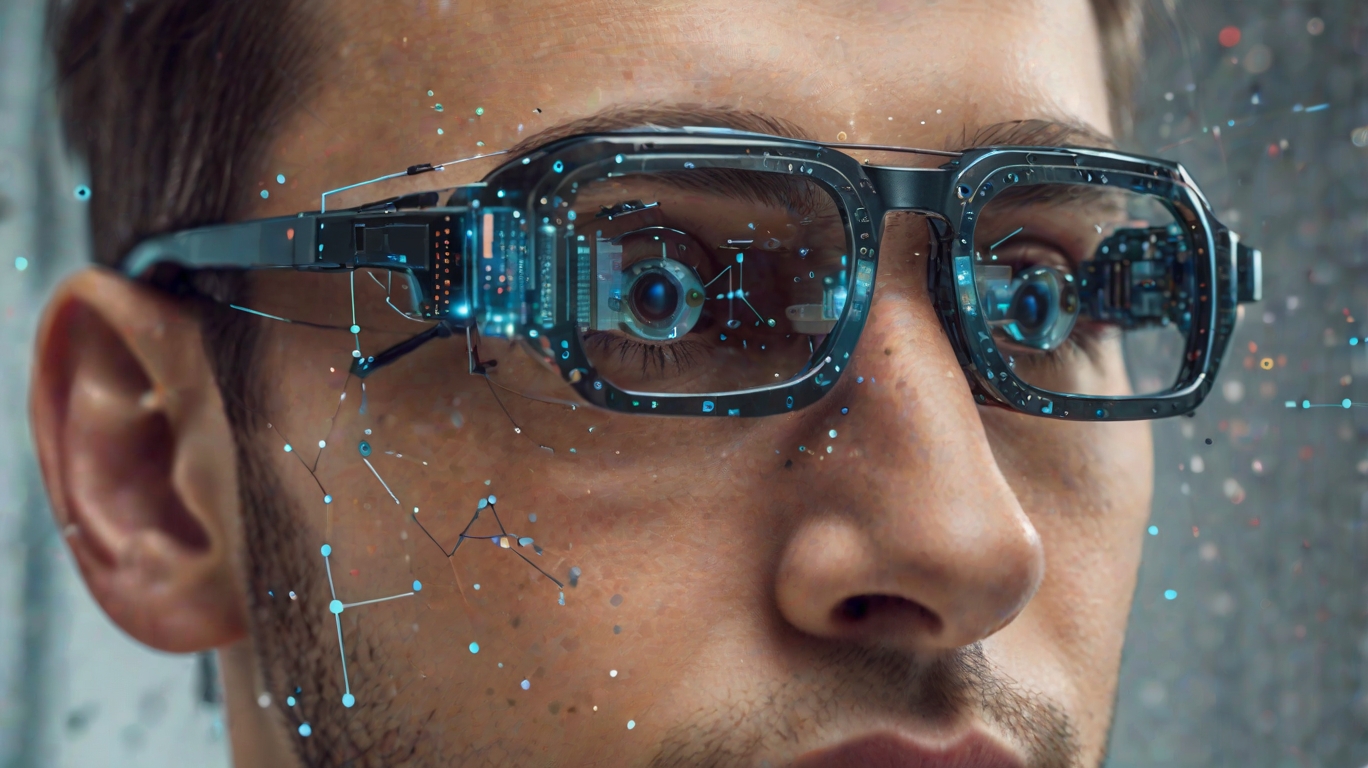BREAKTHROUGH IN INVASION: AI Glasses Transform Regular Stalkers into Efficiency Experts
In the latest development from the bleeding edge of technology, two Harvard students have ingeniously taken wearable tech to the next level by transforming Meta’s smart glasses into possibly the most effective personal-space-invading device ever. In a dazzling feat of combining facial recognition with sheer audacity, these students have created a proof-of-concept system capable of doxxing anyone within eye-shot in real-time. Talk about efficiency!
AnhPhu Nguyen and Caine Ardayfio have reportedly exceeded all creepy expectations by merging Meta’s Ray-Ban smart glasses with custom software, resulting in a device they’ve affectionately dubbed ‘I-XRAY’. Gone are the days of traditional introductions; now, with just a glance, users can access a trove of personal data that includes names, addresses, phone numbers, and presumably the stranger’s greatest fears.
“We wanted to bring back the old-school charm of knowing your friendly neighborhood creep,” said Ardayfio, whose thirst for innovation is only outmatched by his ability to gleefully ignore all privacy red flags. “In a world too intent on safeguarding personal information, we’re all about breaking down those barriers and introducing a new era of unprecedented transparency—or as some call it, creeping.”
The two tech prodigies tested their Orwellian wonder-gadget on Harvard’s campus, successfully identifying strangers and their personal information without bothering with the niceties of traditional social interactions. “Why waste time with small talk when you can know everything about everyone, instantly?” Nguyen boasted, as if there could possibly be downsides to omniscience.
While privacy advocates are up in arms calling for a serious intervention, claiming this innovation is a serious breach of privacy rights, some argue that it’s simply the inevitable next step in a world where social media has anesthetized our sense of personal information security. Meta, ever the stalwart of responsible tech advancement, confirmed that they might use any shared images and videos for AI training, raising questions and eyebrows alike.
While critics might argue that this magical pair of glasses is just an extension of the dystopian prophecy of “Black Mirror,” others are already envisioning a vibrant future where grocery store aisles become the new hunting grounds for data-hungry, glasses-clad, reality-adjacent individuals. As one captured user’s bewildered expression transformed from confusion to horror, he succinctly put it: “I never thought ‘being seen’ would ever feel so literal.”
As we stare into the eye of an AI-advanced storm, few can predict where the limits of technology and personal privacy might clash next. But one thing is resoundingly clear: if a couple of enthusiastic college students can pull this off, we should all probably rethink what “stranger danger” means in the modern age.





